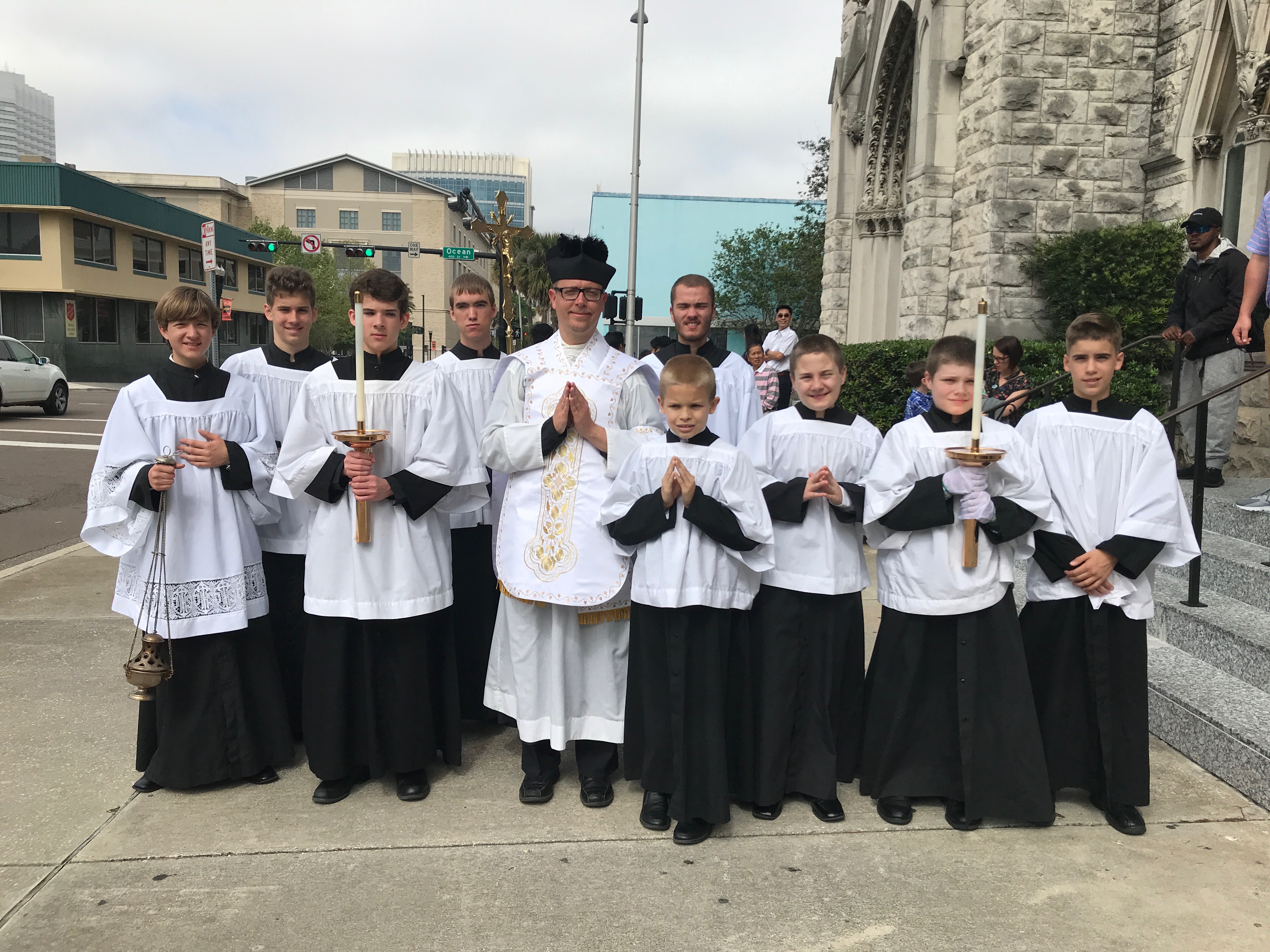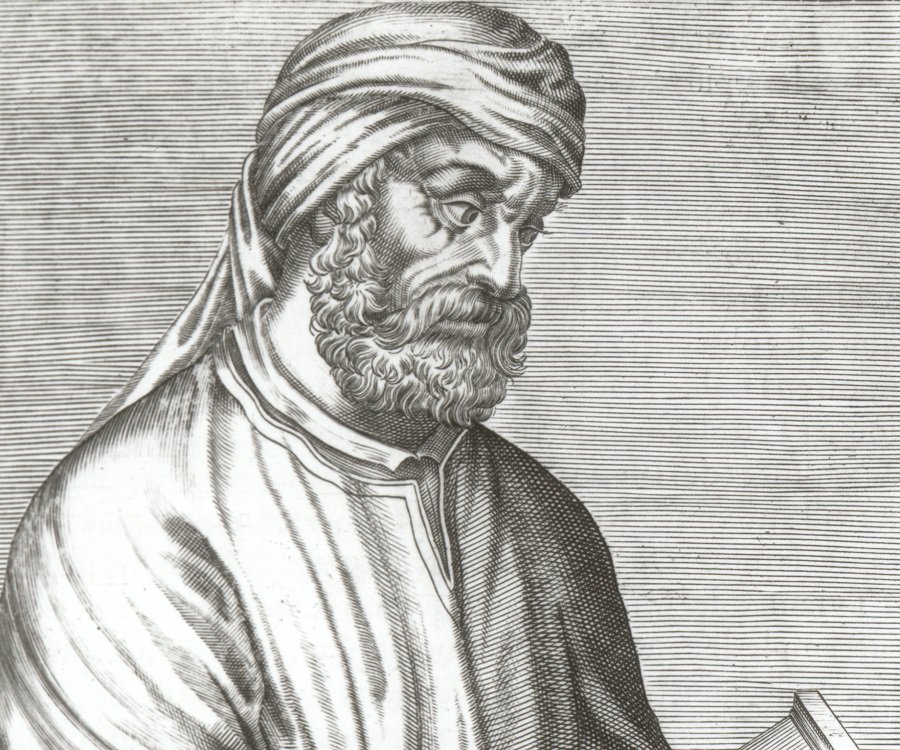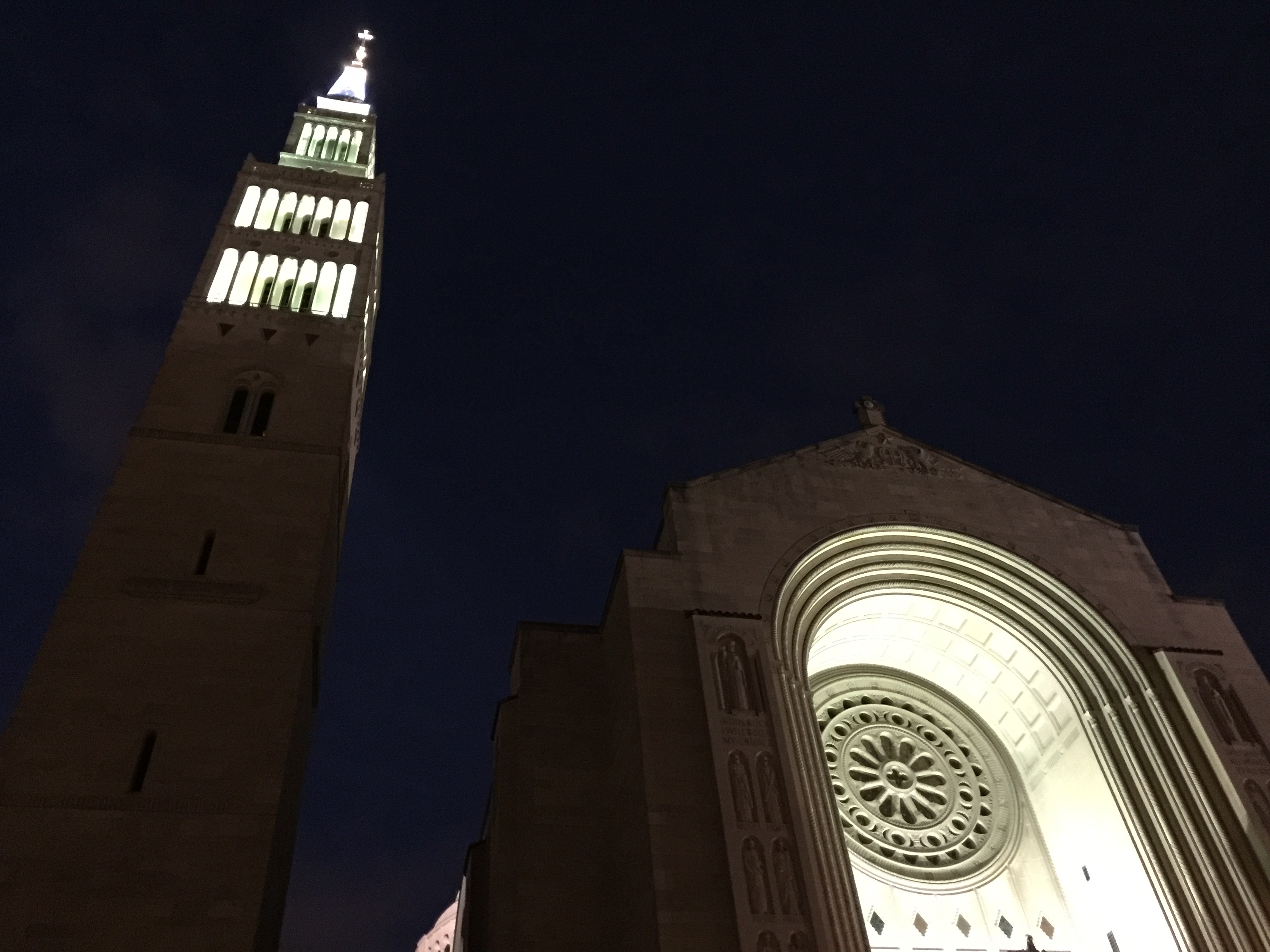Where is the Ark of the Covenant?
About 1700 years before the birth of Jesus Christ, Joseph’s brothers sold him into slavery, so he was brought from Israel to Egypt. But due to Joseph's supernatural ability to interpret Pharaoh’s prophetic dreams, the Pharaoh raised him to Prime Minister of Egypt: Then Pharaoh said to Joseph, “Since God has shown you all this, there is none so discerning and wise as you are. You shall be over my house, and all my people shall order themselves as you command. Only as regards the throne will I be greater than you." And Pharaoh said to Joseph, “See, I have set you over all the land of Egypt.”—Gen 41:39-41. Notice that this happens in the first book in the Bible, Genesis. Soon, Joseph’s entire family arrives in Egypt, and things went well for the Jews…for awhile. The next book of [...]
Why is the Protestant Bible Missing Several Books?
This is by Joel Peters. It is taken from Twenty One Reasons to Reject Sola Scriptura. One historical fact which proves extremely convenient for the Protestant is the fact that the canon of the Bible – the authoritative list of exactly which books are part of inspired Scripture – was not settled and fixed until the end of the 4th century. Until that time, there was much disagreement over which Biblical writings were considered inspired and Apostolic in origin. The Biblical canon varied from place to place: Some lists contained books that were later defined as non-canonical, while other lists failed to include books which were later defined as canonical. For example, there were Early Christian writings which were considered by some to be inspired and Apostolic and which were actually read in Christian public worship, but which were later omitted [...]
Easter Sermon
Why does suffering on earth continue after the Resurrection? The power of the Resurrection is also mentioned in this scientific study linked here.
Heresy Podcast 3: The Third Century
This podclass tackles the heresies of the third century including Sabellius (founder of Modalism), Paul of Samosata (forerunner of the Adoptionist heresy), Manes (founder of Manichaeism that temporarily ensnared St. Augustine early on in his conversion) and finally we consider two semi-heretics, Tertullian and Origin. On the blog that has photos, you can see Tertullian above. Below is Man-E-Faces, a good symbol of the Sabellian or Modalist heresy. The third century heresies as outline by St. Alphonsus Liguori in the 18th century can be found on this link.
Pro-Life Eucharistic Procession Sermon
Several hundred people joined us in Jacksonville, FL as we priests carried the Holy Eucharist before three abortion centers in the monstrance under a canopy.
Modesty Part II: Theology
Nota Bene: My last blog post showed that modesty is actually a means of cultural empowerment for women, not a means of making them overly-subservient. Ladies, if you're going to have thin-skin reading the still-binding modesty-norms of the Catholic Church, please re-read part I to understand that this blog is not about oppression but freedom (cf Gal 5:1) One summer evening, a couple years before I knew I would ever live in Florida, I was passing through the city of St. Augustine, south of Jacksonville. That evening, I went in to pray at North America's first Cathedral. It is stunningly beautiful. Later, I came outside the Cathedral to find the small city humming with life and history. Like most downtown Cathedrals, there were quite a few homeless men. I've learned that most of these conversations are short, due to mental illness [...]
Modesty Part I: Sociology
Before jumping into the tough topic of modesty, I want to set the stage in a sociological manner. Let's consider romance in any culture, be it Catholic or pagan. It is universally accepted in every culture's romance that the person least-invested in the relationship is the one with the most control. Imagine two 20 year olds approaching engagement in any civilized country today or two hundred years ago. It is always the one who is least "in-love" who controls the advance of this relationshiop. The one most in-love (be it the man or the woman) wants to get married. The lover less "in-love" maintains the veto power in moving forward, meaning this person actually has more power in the relationship, despite (because!) of the lessened emotions encountering the other. This is as true for those who maintain their virginity in [...]
Mary’s Trust in Crisis
Mary is the Heavenly Jerusalem even on earth at the cross, so we'll consider the virtue that helps frees us from Satan's bonds even before heaven. This sermon was given on Laetare Sunday, 2018. (I'll be away from the parish next week so there will be no podcast next week. In two weeks you'll hopefully have both a new sermon and Heresy Class 3.)
Heresy Podclass 2: The Second Century
In this “podclass” we’re going to see why Marcionism is the most prolific heresy today. Marcion was a second century heretic who taught that the God of the Old Testament was a different God from the New Testament. The section of St. Alphonsus Liguori's book can be found here. Scroll down to #8 to read about Marcion. Correction. I should have said the following: "St. Cyril of Alexandria taught that St. Paul wrote the New Testament book of Hebrews in Hebrew and St. Luke translated it to the Greek."
How to Meditate
In this sermon I teach the two ways of meditation, Lectio Divina and Mental Prayer, according to St. Bruno and St. Teresa of Avila, respectively. These are the two books I suggest are for learning Lectio Divina and Teresian Mental Prayer. This sermon was given on the third Sunday of Lent, 2018, but this is the longer version recorded in my room due to time constraints on our exit from the Missa Cantata at the basilica. Here's another short example that I gave on how to meditate on the first Christmas.









